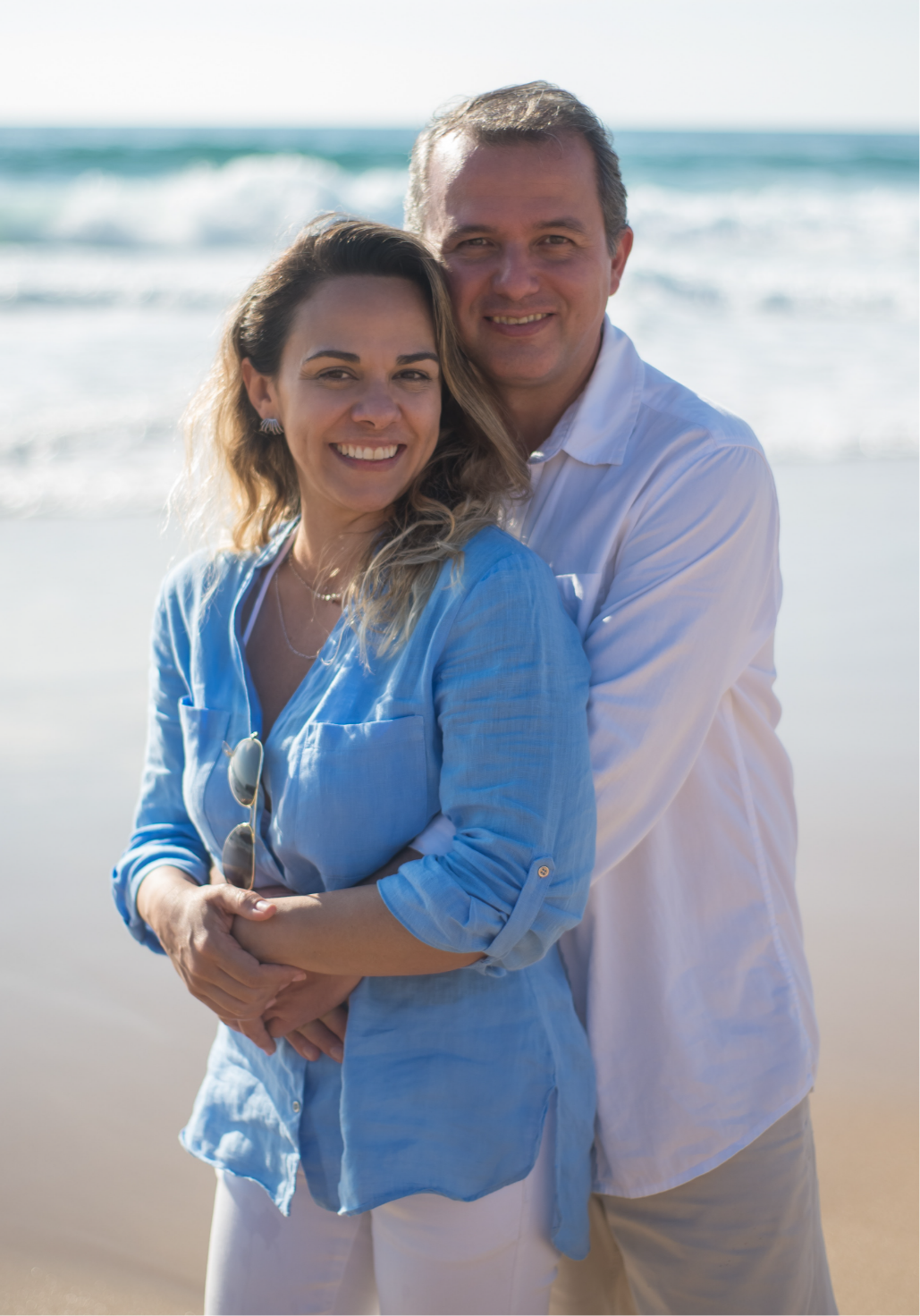A garden untended will be overrun with weeds.
The same is true for relationships. If they aren’t nurtured and maintained, a relationship can develop toxic elements (“weeds”) that will eventually cause a disconnect. This can harm and even destroy the relationship.
Couples counselling can help.

Couples Counselling
Couples counselling is an extremely useful tool for repairing and strengthening your relationship. As your couples therapist, I can help with:
-
Reconnecting to create security and safety in the relationship
-
Rebuilding trust and safety after an affair/infidelity
-
Communication issues
-
Couple goals/vision
-
Sex and intimacy issues
-
Parenting issues
-
Co-parenting
-
Separation and transition
Get Started with Couples Counselling
During couples counselling, I use a combination of therapies to assist couples to reconnect and form secure, loving bonds.
This includes Emotionally Focused Therapy.

What is Emotionally Focused Therapy?
Emotionally Focused Therapy (EFT) is a proven short-term therapy used to improve attachment and bonding in adult relationships. Developed in the 1980s by doctors Sue Johnson and Les Greenberg, EFT helps couples explore possible causes of conflict within their relationships. It’s very common for one or both partners to hold fears of being abandoned, and this can lead to feelings of insecurity and mistrust in the relationship.
With EFT, couples can learn to form a more secure emotional bond, improving communication and strengthening the relationship. The goal is to move beyond the cycle of conflict and misunderstanding and to connect on a deeper soul level.
What happens during Couples Counselling?
During an EFT session, I will observe the dynamics between you and your partner, and then act as a collaborator to coach and direct new ways of interacting. Unlike some other forms of therapy where the therapist is more of a passive listener, EFT therapists take an active role in guiding the conversation. We’ll focus on addressing emotions and interactions within the session rather than focusing on things like worksheets and homework.
Couples counselling is a safe space for you to express your emotions. Respect and empathy are at the heart of every session, providing the opportunity for you and your partner to really hear one another. As your therapist, I will help you recognise behaviours and patterns that you may not be aware of and see how these actions contribute to conflict in a relationship. Rather than blaming either partner for the couple’s problems, EFT identifies and addresses the negative patterns you’ve developed with each other over time. Breaking those patterns and establishing new, healthier ways of connecting can be an extremely effective tool for couples.

The Benefits of Emotionally Focused Therapy (EFT)
Couples and individuals can benefit from EFT in a range of ways. Some of these include:
Better emotional functioning:
EFT provides a language for healthy dependency between partners and looks at key moves and moments that define an adult love relationship. The primary goal of the model is to expand and re-organise the emotional responses of the couple.
Stronger Bonds:
EFT is based on attachment theory, which suggests that attachments between people typically provide a safe haven – a retreat from the world and a way to obtain comfort, security, and a buffer against stress.
Improved interpersonal
understanding:
EFT helps people become more aware of their partner's needs. Because of this awareness, they are also able to listen and discuss problems from a place of empathy instead of a place of defensiveness or anger.
Emotionally focused therapy can
unwind automatic, counter-productive reactions that threaten relationships.
Emotionally focused therapy can
benefit couples who are struggling with conflict, distress, and poor communication.
Have a Question About Couples Counselling?
Emotionally Focused Therapy Techniques
During EFT, I guide my clients through three main phases, made up of the following nine steps:
De-escalation Phase
- Identify the couple’s key issues.
- Identify how these issues are expressed in negative patterns of interaction.
- Identify the fears and negative emotions underlying the negative interaction patterns.
- Reframe the issues as unmet attachment and emotional needs.

Changing Interaction Patterns Phase
- Identify each individual’s disowned attachment style and emotional needs.
- Teach couple to express acceptance and compassion for each other’s attachment and emotional needs.
- Teach couple to express their attachment and emotional needs to restructure patterns of interaction and promote bonding.
Changing Interaction Patterns Phase
- Teach couple new ways to communicate about old issues and develop new solutions to them.
- Teach couple how to use the skills gained during therapy but outside of the therapy room.

